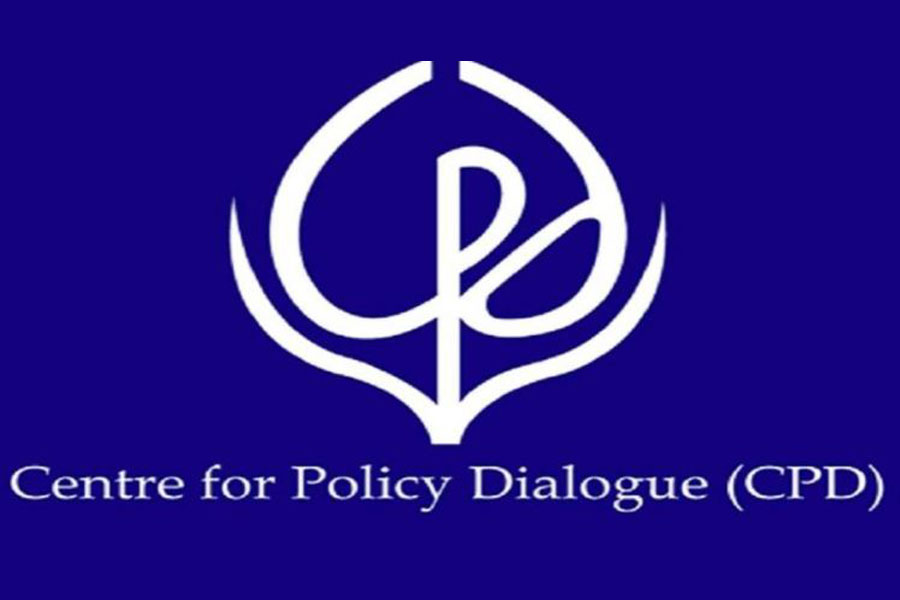
Published :
Updated :

All political parties in Bangladesh except the ruling Awami League want to get rid of capacity payments in the power sector, according to an analysis by the Centre for Policy Dialogue (CPD) released on Wednesday.
The think tank presented the report at a seminar titled “Challenges and Opportunities for Energy Transition in Bangladesh: A Citizen’s Manifesto” at BRAC Centre Inn Auditorium in Dhaka city.
Dr Khondaker Golam Moazzem, research director of CPD, made the keynote presentation at the seminar, presided over by its Executive Director Dr Fahmida Khatun.
He said that the reduction of over generation of power capacity is missing in the Awami League’s election manifesto announced before the January 7 parliamentary vote.
Golam Moazzem said that most of the political parties except the Awami League in Bangladesh agreed to come out of the capacity payment, end the overdominance of the existing fossil fuel based energy system, energy mix, and diversification, and reduce the dependency on the import of power. But it is missing in the Awami League’s election manifesto, he said.
The seminar was addressed by Tanvir Shakil Joy, MP, Member, Parliamentary Standing Committee on Ministry of Power, Energy and Mineral Resources, Mohammad Hossain, Director General of Power Cell of Power Division, Dr M Tamim, Professor and Dean of Chemical and Materials Engineering Faculty, BUET and Former Special Assistant to the Chief Advisor; Md. Shahriar Ahmed Chowdhury, Director, Centre for Energy Research (CER), United International University (UIU); Mr Hasan Mehedi, Chief Executive, Coastal Livelihood and Environmental Action Network (CLEAN); Abul Kalam Azad, Manager, ActionAid; and Shafiqul Alam, Lead Energy Analyst, Institute for Energy Economics and Financial Analysis (IEEFA).
The speakers said the government must reduce its dependency on the import of power and primary energy. Or else, the power and energy sector would not get rid of the continuous losses.
AL lawmaker Tanvir Shakil said reaching the goal of cent per cent electrification of the country has been the biggest success of the Awami League government.
“The demand of the people is to get electricity. They don’t want to wait for electricity anymore and don’t want to see the cost of production," he said, adding that there might be some mistakes, but we’re trying to come out of them.
He said the main obstacle to the promotion of renewable energy is the scarcity of land in the country.
Power Cell Director General Mohammad Hossain said that the power and energy sector has to be looked at in a holistic approach.
He said the government cannot overnight shift its plan to move for energy transition.
Dr Tamim said the government can easily offset the 3000 MW of electricity shortage with daytime solar power, but there is no such plan.
He said under the current plan, 10,000 MW of coal power plants will be running for the next 20 years.
Shafiqul Alam said the import of electricity and energy is leading to an increase in the shortage of dollars in the country. “We need to enhance our exploration effort for local gas to reduce dependency on imports," he added.
ActionAid’s Abul Kalam Azad said the country had to spend Tk 520 billion on buying electricity from private producers and Tk 170 billion on capacity payments during the last financial year (FY2022-23).


 For all latest news, follow The Financial Express Google News channel.
For all latest news, follow The Financial Express Google News channel.